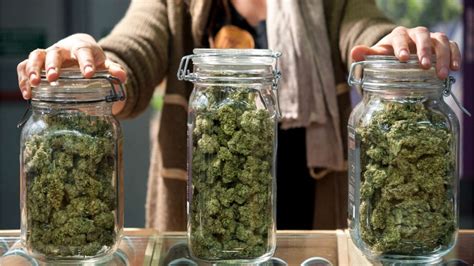With the increasing acceptance and legalization of cannabis, its use for various health issues, including sleep disturbances, has become a topic of discussion. But is cannabis truly beneficial for sleep, or could it be a hindrance?

A University of Colorado Boulder study suggests that while cannabis might initially aid in sleep, its prolonged use could lead to sleep deficits. It’s a complex interplay: acute, limited use may have sleep benefits, but chronic use could lead to habituation and diminished sleep quality.
The prevalence of cannabis use among older adults is on the rise, as indicated by a Journal of the American Medical Association study. From 2.4% to 4.2% between 2015 and 2018, this trend is mirrored in other research and reports. However, the implications of this increase, especially concerning sleep, are not yet fully understood.
Quitting cannabis, according to London-based journalist Sarah*, can lead to a rebound of REM sleep and more vivid dreams, a phenomenon linked to REM sleep suppression during cannabis use. This rebound effect raises questions about the long-term impact of cannabis on sleep architecture.
Research has shown that cannabis can influence sleep patterns, including an increase in slow-wave sleep and a decrease in REM sleep. However, chronic use might lead to habituation, as noted in a review of literature from the University of Pennsylvania. The initial sleep-inducing and slow-wave sleep-enhancing properties of cannabis might diminish with prolonged use.
Medical marijuana is known to ease persistent pain and aid sleep in conditions like sleep apnea, fibromyalgia, chronic pain, and MS. However, its effectiveness and the long-term implications on sleep quality and cognitive functions remain areas of ongoing research, as highlighted by Harvard Health.
Compounding these findings are studies on the cognitive effects of long-term cannabis use. Harvard Health reports that cannabis can affect thinking, working memory, executive function, and psychomotor function in the short term. These effects may have implications for sleep quality and overall health.
Given the preliminary nature of current research and the varying compounds in cannabis like CBD, which may impact anxiety and sleep, a one-size-fits-all conclusion seems elusive. As Harvard Health suggests, consulting a doctor or sleep specialist is crucial for individuals considering cannabis as a sleep aid.
Overall, while some studies suggest cannabis could be an effective sleep aid, especially in the short term, its long-term use raises concerns about altered sleep structure and potential cognitive impacts. With ongoing research and changing perceptions, the relationship between cannabis and sleep remains a complex and evolving topic.